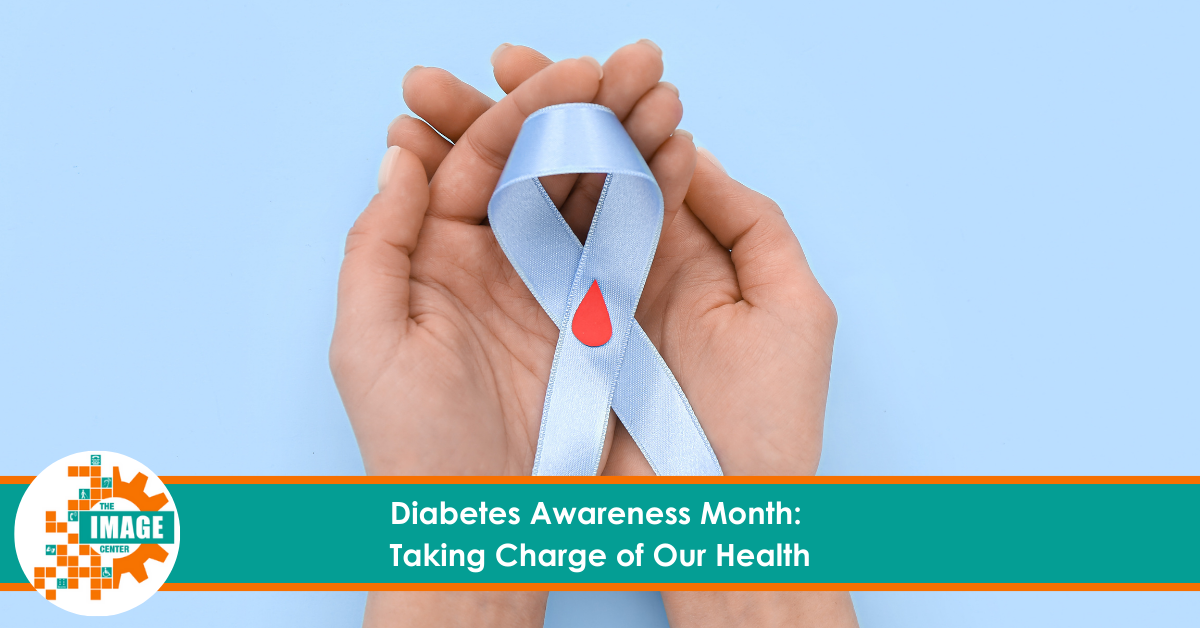Every November, Diabetes Awareness Month shines a spotlight on a condition affecting millions worldwide, aiming to educate, inspire, and empower individuals. With diabetes rates rising globally, now is the time to talk about the importance of early detection, healthy lifestyles, and ongoing support for those managing this chronic illness. Whether you’re directly impacted or supporting a loved one, this month presents a valuable opportunity to learn, share, and take steps towards a healthier future.
What is Diabetes
Diabetes is a chronic health condition that affects how the body turns food into energy. When we eat, our bodies break down food into glucose (sugar), which fuels our cells. Insulin, a hormone produced by the pancreas, helps regulate this glucose. However, in diabetes, the body either doesn’t produce enough insulin or can’t use it properly, leading to elevated blood sugar levels. The main types of diabetes are:
- Type 1 Diabetes: An autoimmune condition where the body attacks insulin-producing cells.
- Type 2 Diabetes: Often associated with lifestyle factors, it involves insulin resistance or insufficient production.
- Gestational Diabetes: Occurs during pregnancy and often resolves after childbirth, though it raises the risk of type 2 diabetes later in life.
The Impact of Diabetes
The impact of diabetes goes beyond physical health. It can affect emotional well-being, financial stability, and quality of life. Complications from diabetes, such as heart disease, kidney damage, and vision problems, highlight the importance of early diagnosis and proper management. Diabetes Awareness Month focuses on raising awareness about these challenges and offering solutions.
Key Themes for Diabetes Awareness Month
- Early Detection and Prevention: Diabetes screening can detect prediabetes or diabetes early, allowing individuals to make lifestyle changes before serious complications arise. Knowing your risk factors, such as family history, age, and weight, is critical.
- Education and Resources: Knowledge is a powerful tool. From dietary advice to blood sugar monitoring techniques, diabetes education is invaluable for both newly diagnosed individuals and those supporting them.
- Advocacy for Access and Affordability: Many people struggle to afford medications, supplies, and appointments. Advocacy efforts are working towards more accessible healthcare solutions, highlighting the need for affordable insulin and supplies worldwide.
- Supporting Mental Health: Diabetes can take a toll on mental health due to the stress of daily management. This month, we recognize the need for mental health support, resources, and community connection.
Let’s use this November to spread awareness, break stigmas, and foster an environment of education and compassion. Together, we can build a world where those living with diabetes feel empowered and supported.

